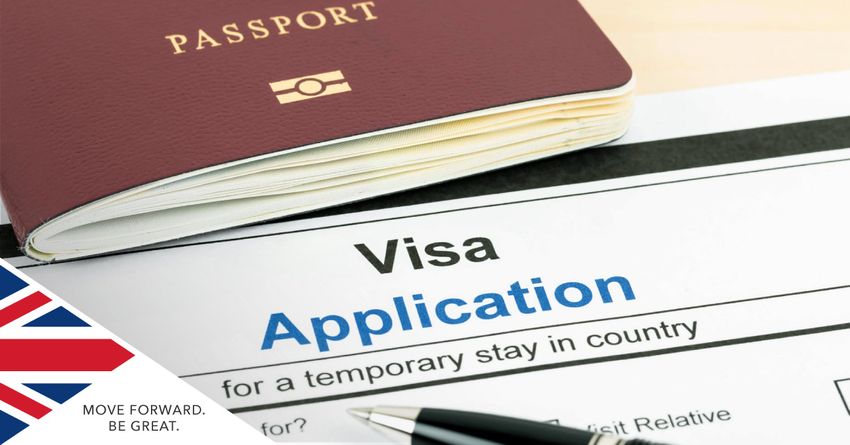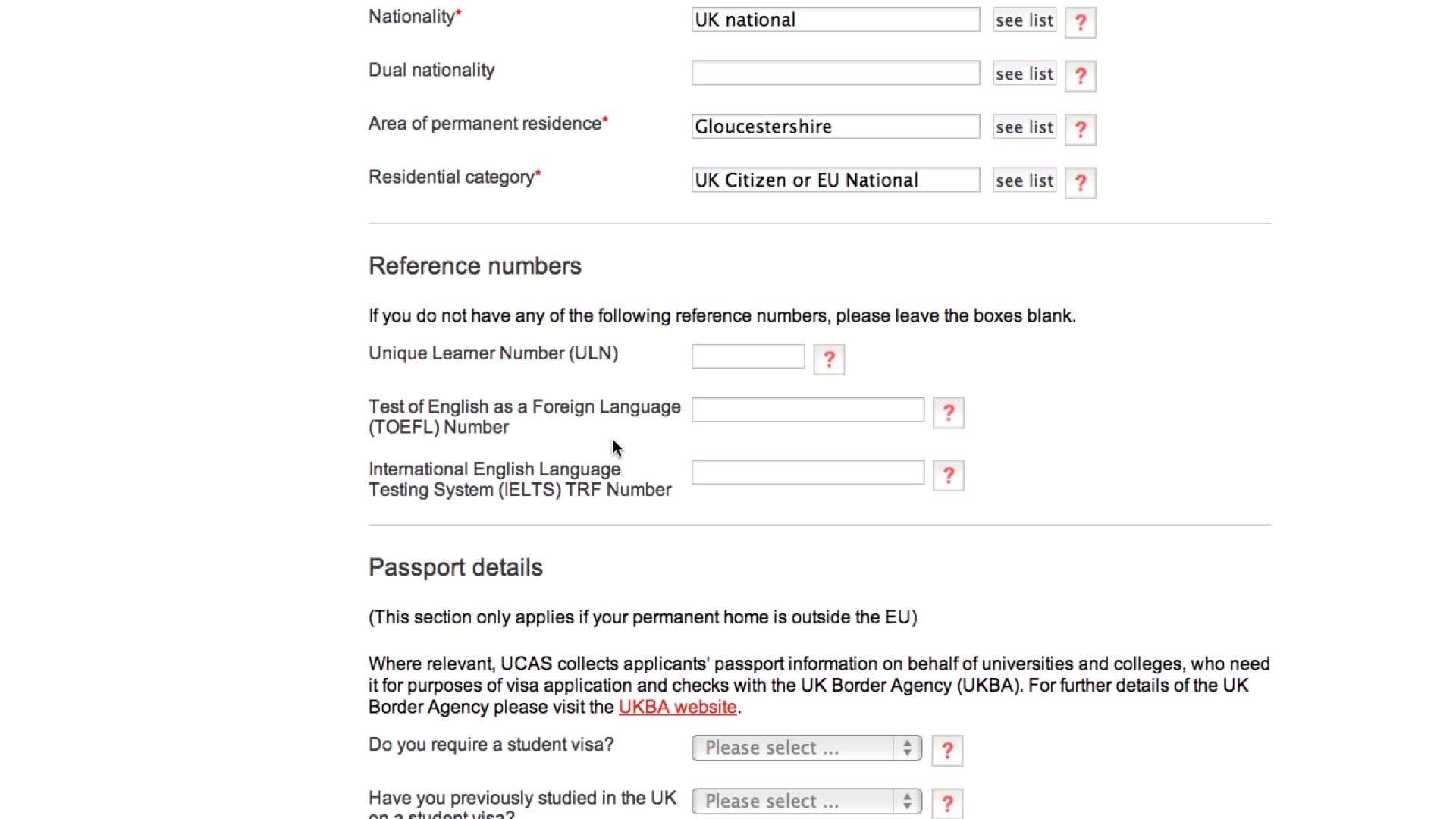The UK offers medicine courses that are extremely competitive to get into. Many students apply every year to study medicine in the UK and the odds of being accepted are 10/1 to the undergraduate Bachelor courses of medicine whereas the accelerated 4-year medicine courses are even more competitive to get into. For more info visit MedLinksStudents.

source:fernedu.com
Page Contents
Application Form
Applying in the UK is a very long procedure and must be started 1 full year before the intended date of entry. The deadline for applying for the September intake of medicine is October 15th every year. Hence, students have to plan well ahead with submitting the long and complicated UCAS form which is compulsory. This is a form that puts all applicants in a similar format to each other.

source:studyin-uk.in
The form will include filling in details about yourself and your nationality. The students must explain how they’ll fund their course, then list all their grades and include a 4000-character personal statement summarising why they think they are the best applicant for the course. Finally, students will include details of a referee who shall talk about their suitability for the medicine or dentistry course which they intend to apply for. Students will then pay a UCAS fee.

source:studyin-uk.in
Entrance Exams
Each medical school will have its own method of assessing the ability of students. There are generally a few different exams for medical applicants. Some schools use the UKCAT, which is a very fast paced test examining mathematical, comprehension and reasoning skills. The BMAT is a test of scientific knowledge as well as writing skills. The GAMSAT is a several hour intense tests for graduate entry applicants. The majority of medical schools in Europe and the UK will require some form of sitting an entrance exam. To prepare well for your exam, online tutors such as MedicMind are willing to help you out so make sure to keep that option open, especially if you are struggling with a certain topic.

source:ncl.ac.uk
Waiting
The student must then wait for the universities to make a decision on whether they think he or she is suitable for the course. The student should not be too anxious and must continue studying for their exams without being distracted by the stress of waiting for a decision.
Invitation for Interview
If the student is good enough for the medical or dental university then they will be invited for an interview. The university will usually send a message via UCAS and by posting a letter to the address of the applicant. The applicant must respond to the invitation confirming that they wish to attend on the date and time and location specified.

Interview
The university will conduct its interviews with the medical applicants in the style they see suitable. Some universities conduct conservative and traditional interviews set out by a panel of doctors and admissions secretaries.

source:crackingmedadmissions.com
Other universities conduct MMI (mini multiple interviews) which have been proving to be more objective in assessing the ability of the students rather than any bias from the deciding committee. The MMIs are very popular nowadays and many schools carry them out. These assess enthusiasm for the course as well as soft skills and academic skills essential for being a doctor. If you’d like more information on applying to medical school in the UK, click here!

source:crackingmedadmissions.com





